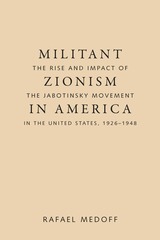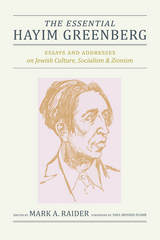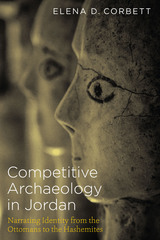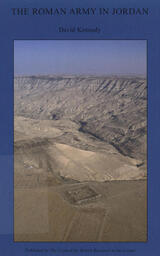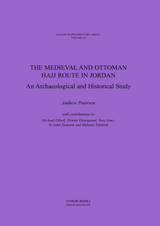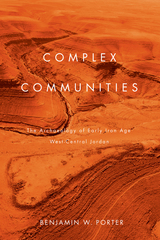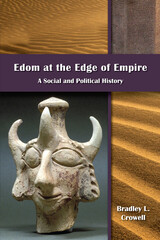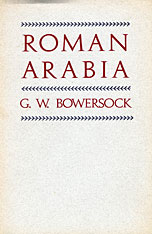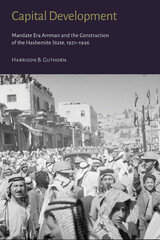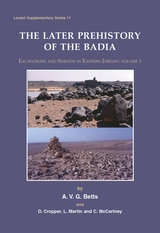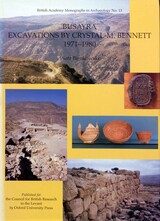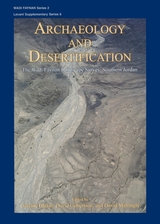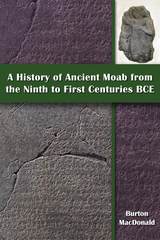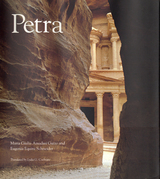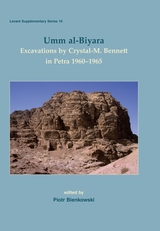Complex Communities: The Archaeology of Early Iron Age West-Central Jordan
University of Arizona Press, 2013
eISBN: 978-0-8165-9914-1 | Cloth: 978-0-8165-3032-8
Library of Congress Classification DS153.3.P64 2013
Dewey Decimal Classification 956.95
eISBN: 978-0-8165-9914-1 | Cloth: 978-0-8165-3032-8
Library of Congress Classification DS153.3.P64 2013
Dewey Decimal Classification 956.95
ABOUT THIS BOOK | AUTHOR BIOGRAPHY | REVIEWS | TOC
ABOUT THIS BOOK
Complex Communities explores how sedentary settlements developed and flourished in the Middle East during the Early Iron Age nearly four thousand years ago. Using archaeological evidence, Benjamin Porter reconstructs how residents maintained their communities despite environmental uncertainties. Living in a semi-arid area in the present-day country of Jordan, villagers faced a harsh and unpredictable ecosystem. Communities fostered resilience by creating flexible production routines and leadership strategies. Settlements developed what archaeologists call “communal complexity,” a condition through which small-scale societies shift between egalitarian and hierarchical arrangements. Complex Communities provides detailed, scientifically grounded reconstructions of how this communal complexity functioned in the region.
These settlements emerged during a period of recovery following the political and economic collapse of Bronze Age Mediterranean societies. Scholars have characterized west-central Jordan’s political organization during this time as an incipient Moabite state. Complex Communities argues instead that the settlements were a collection of independent, self-organizing entities. Each community constructed substantial villages with fortifications, practiced both agriculture and pastoralism, and built and stocked storage facilities. From these efforts to produce and store resources, especially food, wealth was generated and wealthier households gained power over their neighbors. However, power was limited by the fact that residents could—and did—leave communities and establish new ones.
Complex Communities reveals that these settlements moved through adaptive cycles as they adjusted to a changing socionatural system. These sustainability-seeking communities have lessons to offer not only the archaeologists studying similar struggles in other locales, but also to contemporary communities facing negative climate change. Readers interested in resilience studies, Near Eastern archaeology, historical ecology, and the archaeology of communities will welcome this volume.
These settlements emerged during a period of recovery following the political and economic collapse of Bronze Age Mediterranean societies. Scholars have characterized west-central Jordan’s political organization during this time as an incipient Moabite state. Complex Communities argues instead that the settlements were a collection of independent, self-organizing entities. Each community constructed substantial villages with fortifications, practiced both agriculture and pastoralism, and built and stocked storage facilities. From these efforts to produce and store resources, especially food, wealth was generated and wealthier households gained power over their neighbors. However, power was limited by the fact that residents could—and did—leave communities and establish new ones.
Complex Communities reveals that these settlements moved through adaptive cycles as they adjusted to a changing socionatural system. These sustainability-seeking communities have lessons to offer not only the archaeologists studying similar struggles in other locales, but also to contemporary communities facing negative climate change. Readers interested in resilience studies, Near Eastern archaeology, historical ecology, and the archaeology of communities will welcome this volume.
See other books on: Antiquities | Human settlements | Iron Age | Jordan | Porter, Benjamin W.
See other titles from University of Arizona Press




